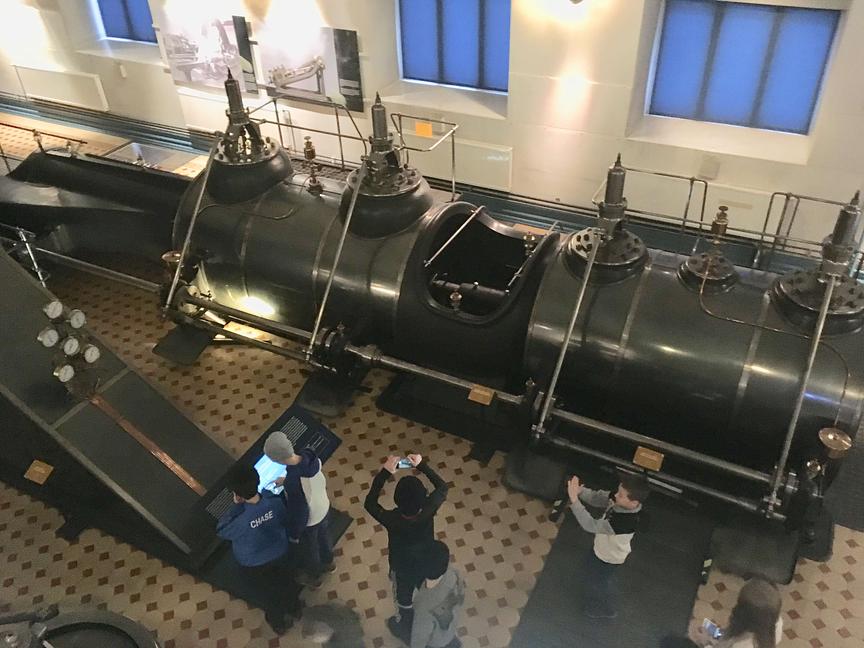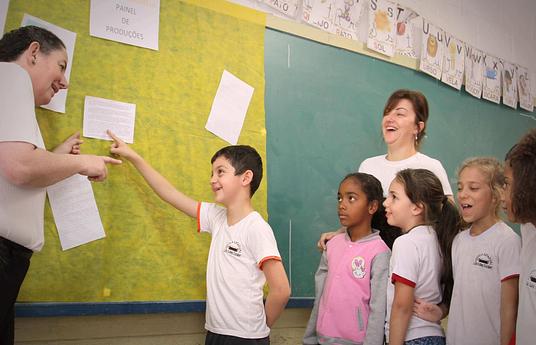We have developed an interdisciplinary unit between English and Humanities which addresses the dangers as well as the benefits technological progress brings.
We first examine the industrial revolution as a setting to look at some of the costs of progress, such as pollution and child labour, as well as the benefits like increases in productivity and women's empowerment. We do this through looking at the industrial revolution in the UK as well as Finland and while reading and performing Dicken's Oliver Twist. This part of the unit is rounded out and celebrated in an industrial revolution town fair where students showcase their work, dress up as characters from the stories they've written and feast on industrial revolution food like gruel and oat cakes.
We then pivot to talking about the modern day and some of the costs of the exponential progress we are currently experiencing in technological fields like the ethics of bioengineering and the singularity as well as the benefits like global connectivity and artificial intelligence. We do this through reading some dystopian fiction and this unit culminates with an assessment where students can chose to pitch an innovation at Slush to battle one of these challenges of progress or write a UN resolution to legislate one field of technology.
We examine essential questions like:
How do humans keep up with technology?
Does every generation have this issue?
Who should control the development of technology?
Do the benefits outweigh the costs of technological development?
How do we minimize the costs while maximising the benefits?
Who are the winners and losers of technological progress?



